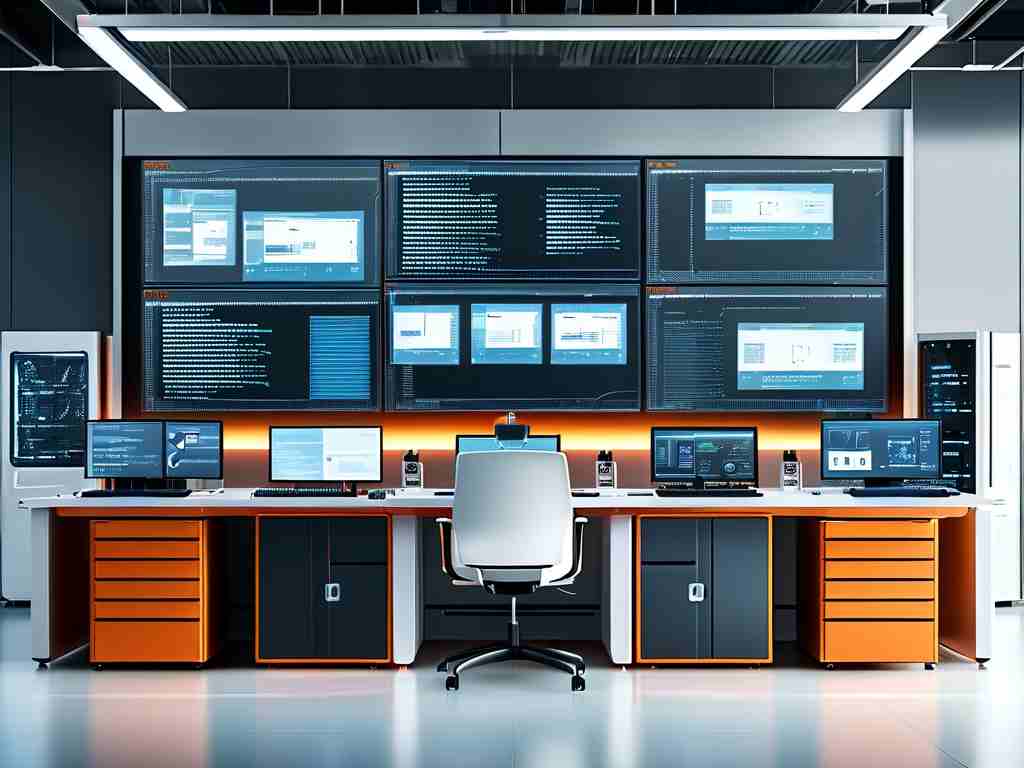In recent years, Zhang Xuefeng, a prominent figure in China’s education and career guidance landscape, has emphasized the growing importance of embedded systems development as a career path. His endorsement stems from the technology’s critical role in modern industries, from consumer electronics to industrial automation. This article explores why embedded development is gaining traction, the skills required to excel in this field, and how aspiring professionals can leverage Zhang’s insights to build a future-proof career.

The Rise of Embedded Systems
Embedded systems form the backbone of countless devices we interact with daily—smartphones, medical equipment, automotive control units, and even smart home appliances. Unlike general-purpose computing, embedded systems are tailored for specific tasks, prioritizing efficiency, reliability, and real-time performance. Zhang Xuefeng highlights that this specialization creates a high demand for skilled developers, especially as industries like IoT (Internet of Things) and AIoT (Artificial Intelligence of Things) expand.
Why Zhang Xuefeng Recommends This Field
In his public talks, Zhang points to three key factors: market demand, career stability, and innovation potential. The global embedded systems market is projected to grow at a compound annual rate of 6.5% through 2030, driven by advancements in automation and connectivity. Unlike trends that fade quickly, embedded development remains foundational, offering long-term job security. Additionally, the field encourages interdisciplinary innovation, merging hardware design, software engineering, and domain-specific knowledge—a blend that appeals to problem-solvers.
Core Skills for Aspiring Developers
To thrive in embedded systems, Zhang stresses mastering both technical and analytical competencies. Proficiency in low-level programming languages like C and C++ is non-negotiable, as these languages enable direct hardware interaction. Understanding microcontroller architectures (e.g., ARM, AVR) and real-time operating systems (RTOS) is equally critical. Beyond coding, developers must grasp circuit design principles and debugging tools such as JTAG and oscilloscopes.
Zhang also underscores the value of hands-on projects. For instance, building a basic temperature sensor using an Arduino or STM32 board helps bridge theory and practice. “Embedded development isn’t just about writing code—it’s about making that code work seamlessly with physical components,” he remarked in a 2023 seminar.
Challenges and How to Overcome Them
While rewarding, embedded development poses unique challenges. Hardware limitations, power consumption optimization, and real-time constraints require meticulous planning. Zhang advises newcomers to start with small-scale projects and gradually tackle complex systems. Open-source platforms like Raspberry Pi and ESP32 offer affordable entry points for experimentation. Collaborating on GitHub repositories or contributing to communities like Hackster.io can also accelerate learning.
Career Pathways and Industry Applications
Embedded developers enjoy diverse opportunities across sectors. Automotive companies seek experts to design electric vehicle control systems, while healthcare firms need specialists for wearable medical devices. Zhang particularly notes the aerospace and defense industries, where embedded systems ensure mission-critical reliability. Roles range from firmware engineer to systems architect, with salaries often exceeding those in generic software development due to the niche expertise required.
Zhang’s Final Advice for Learners
Zhang Xuefeng urges students to adopt a lifelong learning mindset. “Embedded technology evolves rapidly—today’s tools might be obsolete in five years,” he warns. Staying updated with emerging trends, such as RISC-V architecture or edge AI integration, is essential. He also recommends pursuing certifications like Certified Embedded Systems Engineer (CESE) to validate skills.
In , Zhang Xuefeng’s advocacy for embedded systems development reflects its strategic importance in a tech-driven world. By combining theoretical knowledge with practical experimentation, aspiring developers can position themselves at the forefront of innovation. As industries continue to prioritize smart, connected solutions, embedded skills will remain a cornerstone of technological progress.









